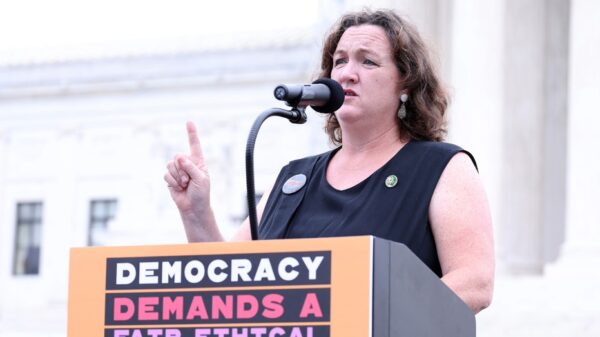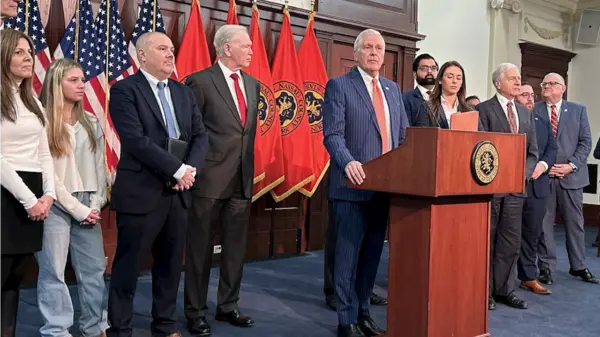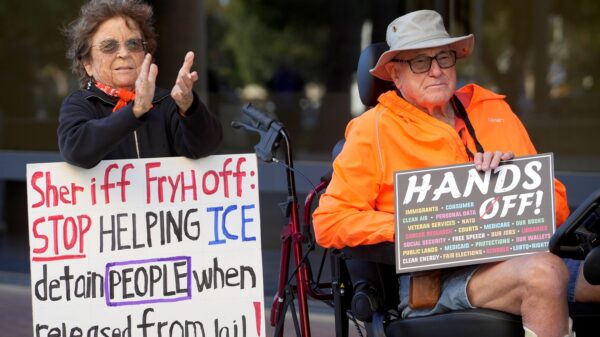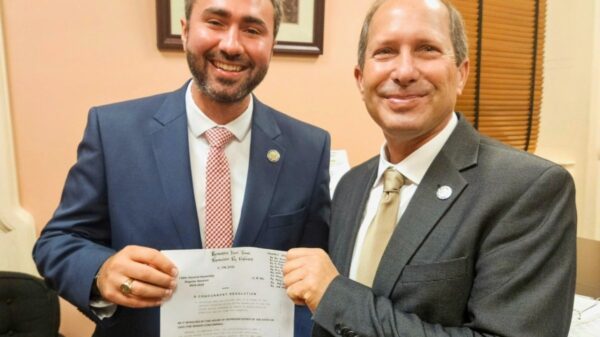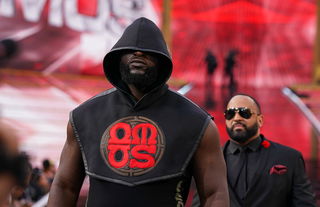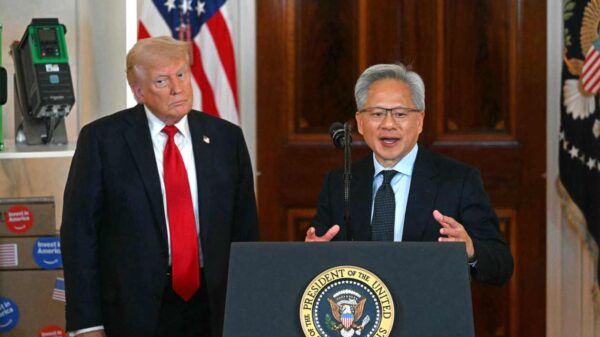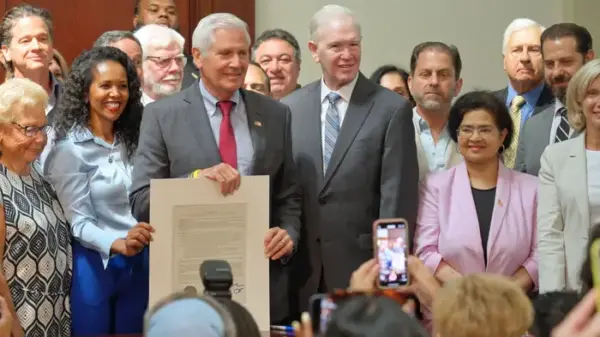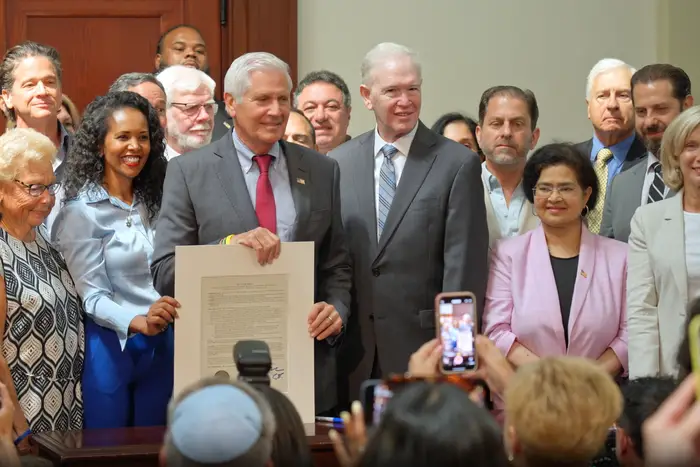A New York appellate court has temporarily blocked the enforcement of a law prohibiting transgender girls and women from participating in sports at county-run facilities in Nassau County. The ruling, issued on Wednesday, comes amid ongoing legal disputes between the county government and civil rights organizations seeking to overturn the ban.
Gabriella Larios, an attorney with the New York Civil Liberties Union (NYCLU), described the court’s decision as a significant victory. “Litigation over this has been going on for a long time, but today is the first time that an appellate court has swatted down Nassau County’s transphobic policy — and that is a huge win,” she stated.
The controversy began when Nassau County Executive Bruce Blakeman, a Republican, issued an executive order in February 2024 that banned transgender girls and women from competing in county-sponsored sports. While this order was initially overturned, the county legislature later enacted it as a formal law. Civil rights groups have since been challenging this measure in court.
The temporary injunction issued by the appellate court in Brooklyn also serves as a basis to contest a recent ruling by a Nassau County Supreme Court judge, who upheld the ban earlier this week. Larios emphasized that while the legal battle is far from over, the ruling signifies progress. “It is incredibly gratifying to have the appellate court recognize what we’ve been saying all along,” she remarked. “Today’s decision makes it crystal clear: A county like Nassau cannot ban trans women and girls from sports just because they are transgender.”
In a statement to Gothamist on the same day, Blakeman reaffirmed his commitment to the law, asserting, “Nassau County will continue to protect the integrity and safety of women’s sports.”
The NYCLU filed its lawsuit on behalf of the Long Island Roller Rebels, a roller derby team that argues the Nassau County law violates state human rights protections against discrimination based on gender identity. “Nassau County tried to erase members of our community from the sport they love, but we refused to let that happen,” said Curly Fry, president of the Long Island Roller Rebels. “We are proud to roll forward together.”
Additionally, a separate lawsuit initiated by the New York Attorney General’s Office is still making its way through the judicial system, further complicating the legal landscape surrounding this contentious issue.
As the situation develops, the implications for transgender rights in sports and the ongoing legal debates surrounding such policies will likely continue to attract attention both locally and nationally. The outcome of this case could set a precedent for similar laws in other regions, reflecting broader societal attitudes towards inclusion and equality in sports.

